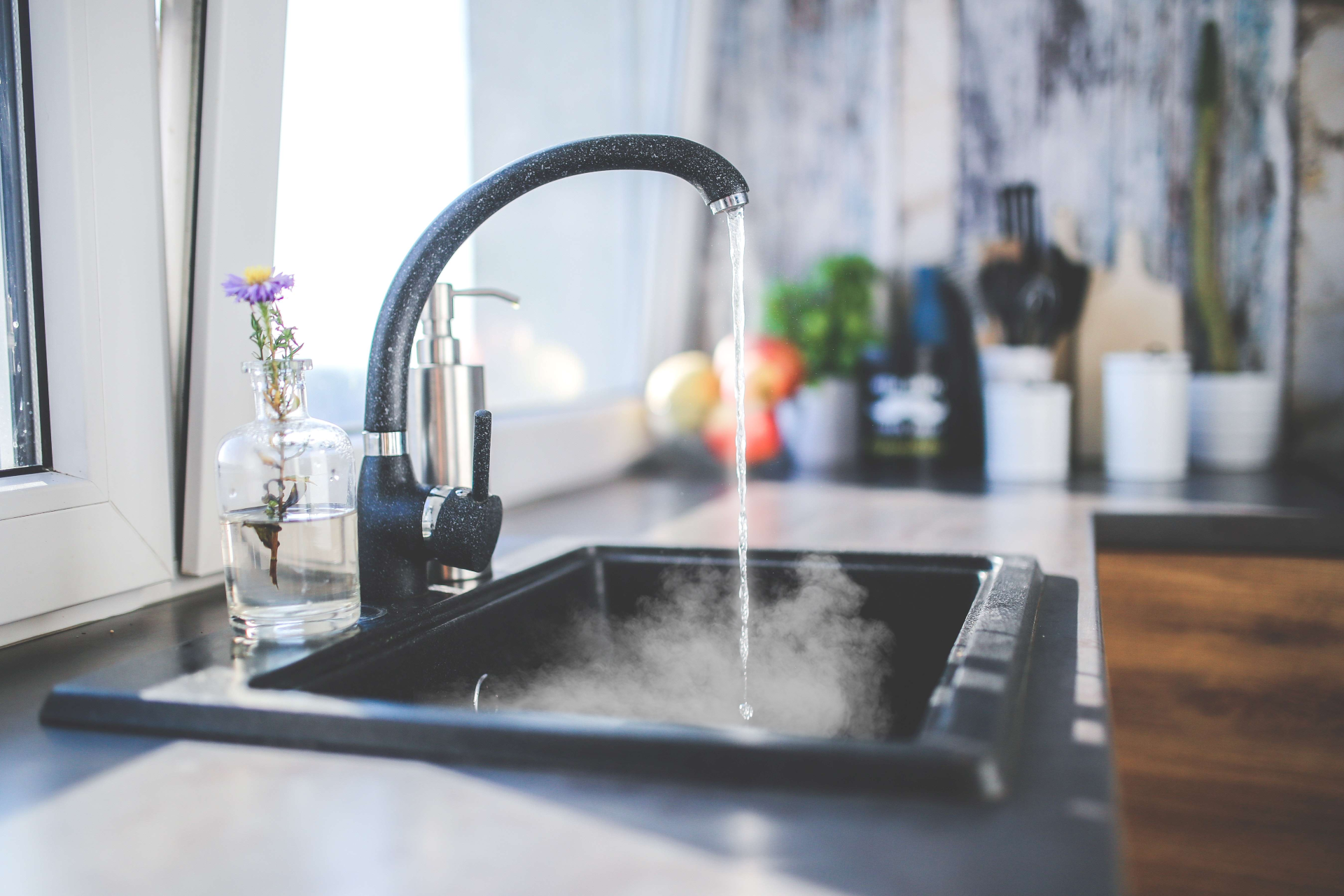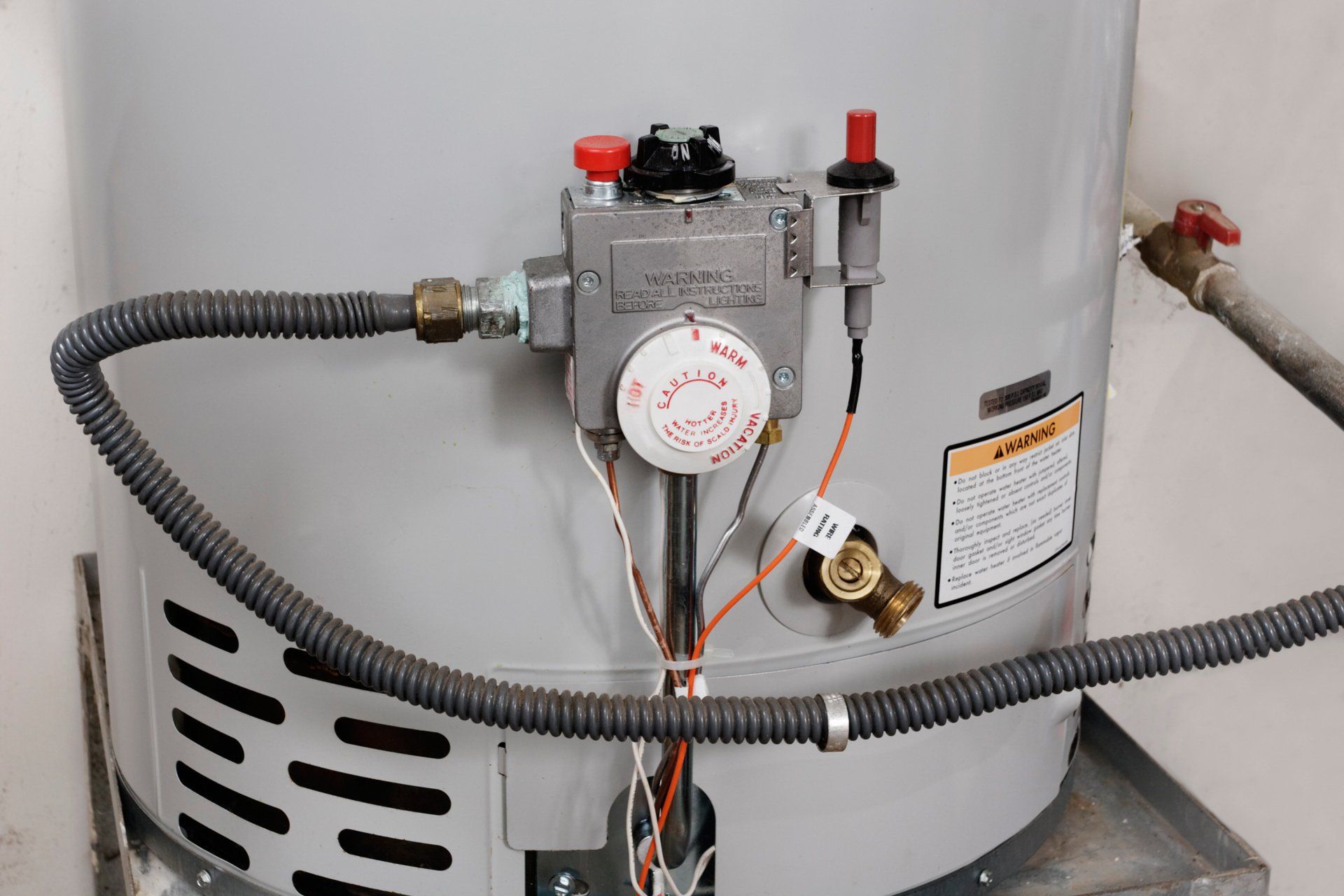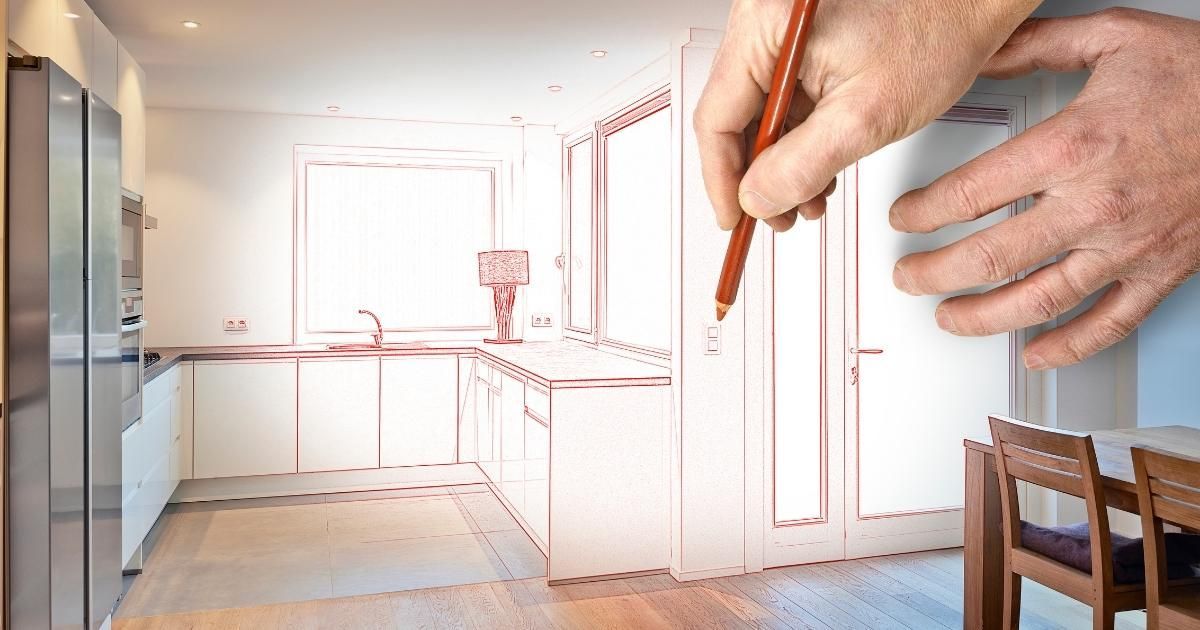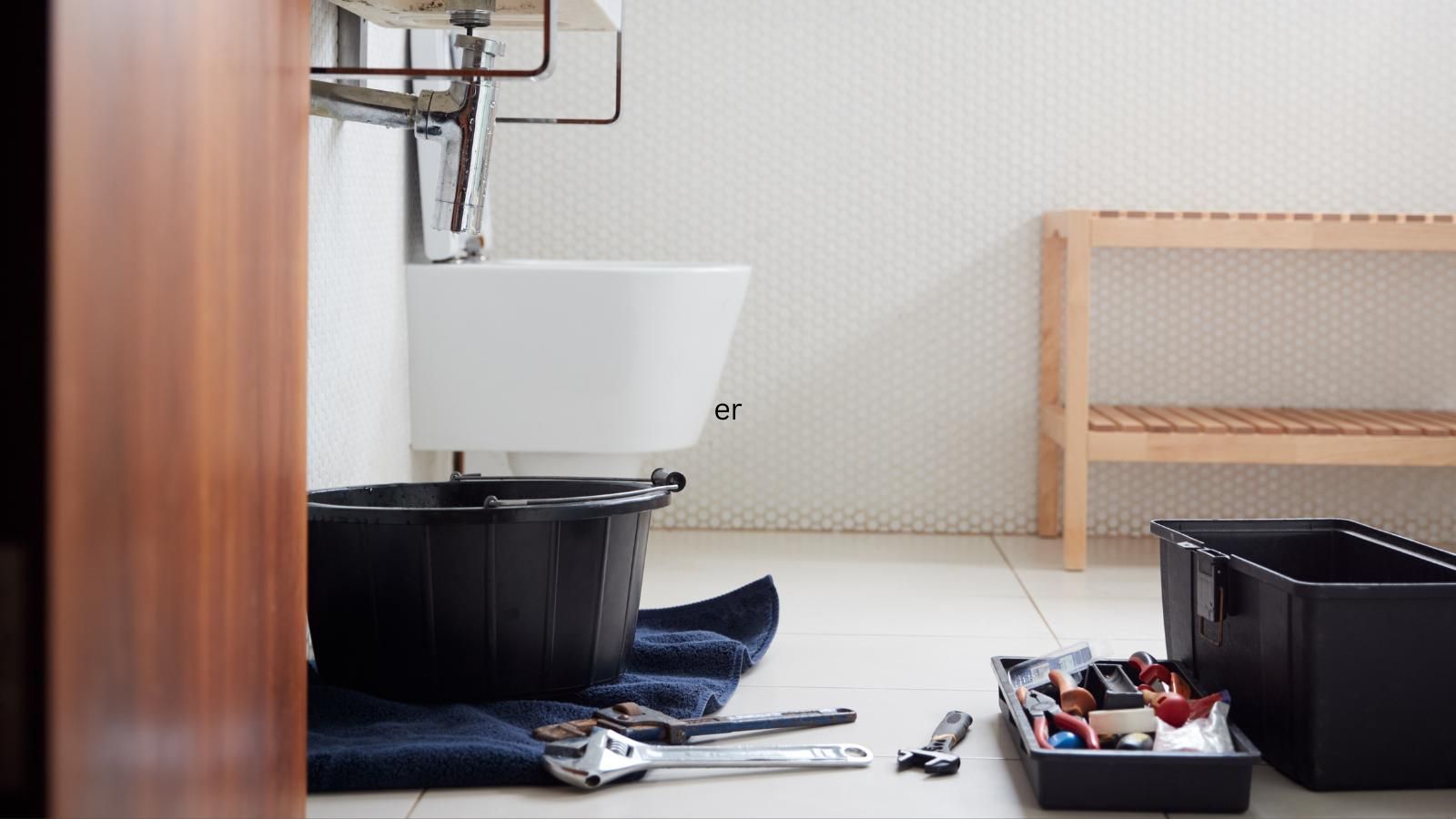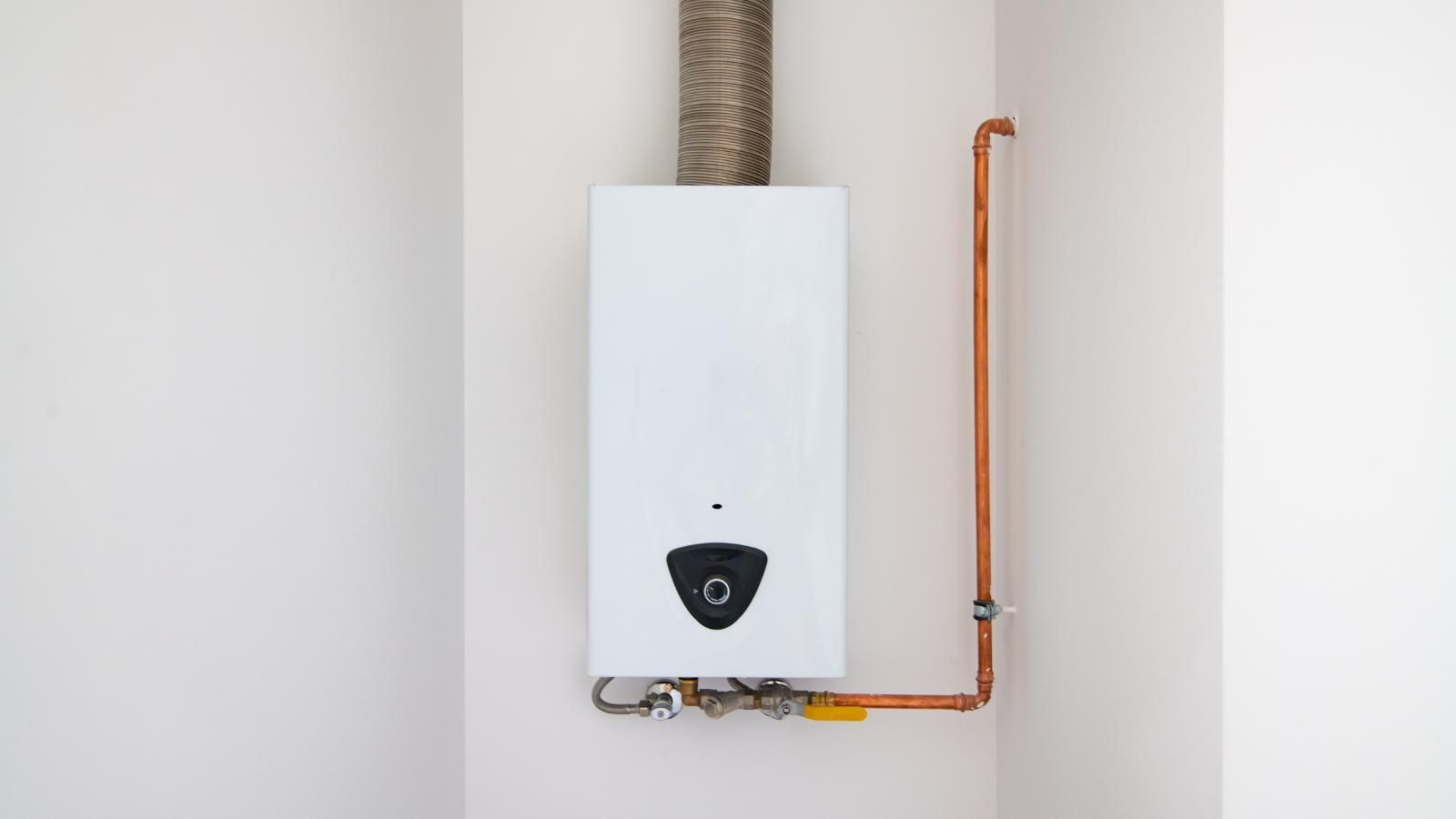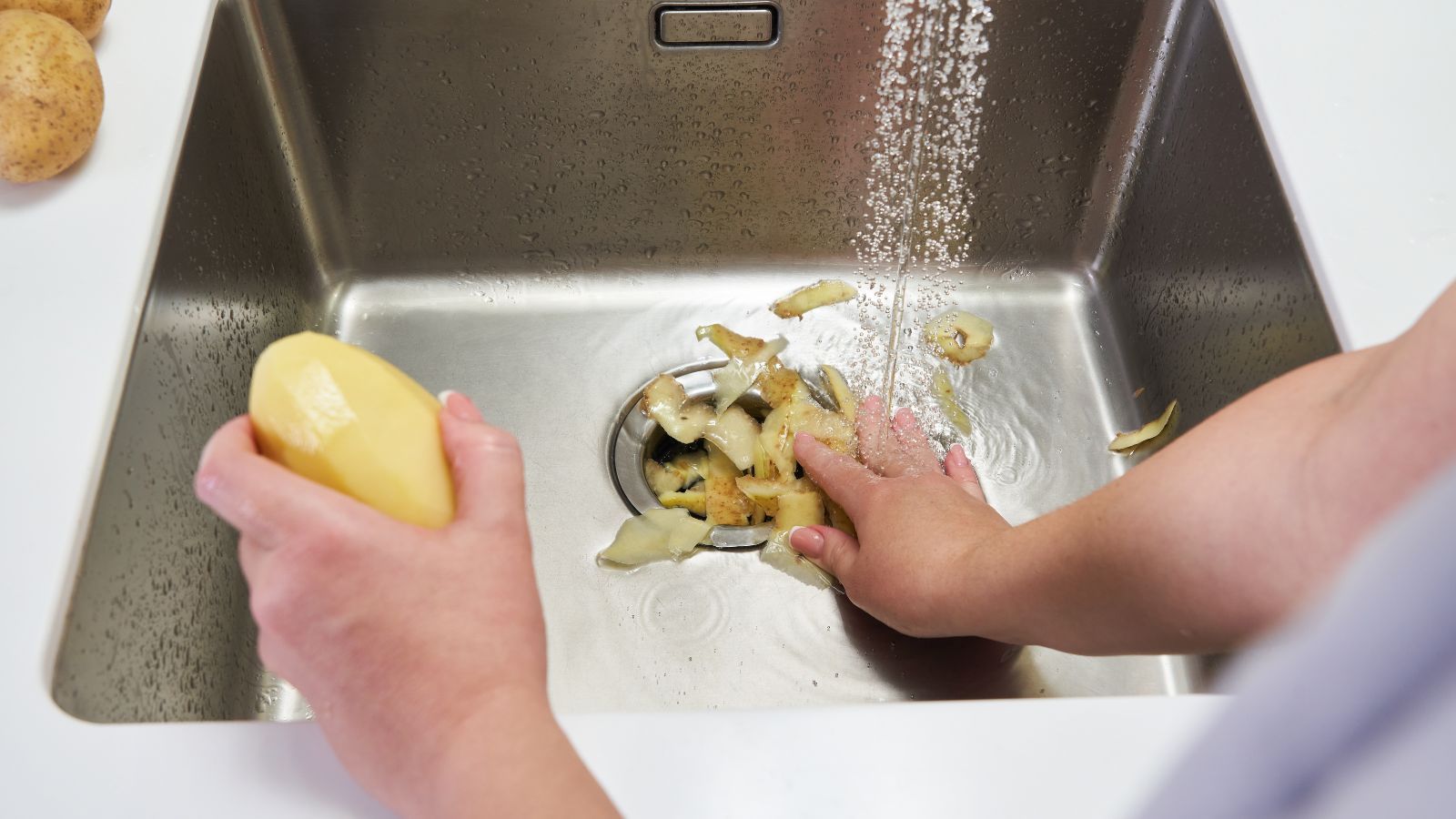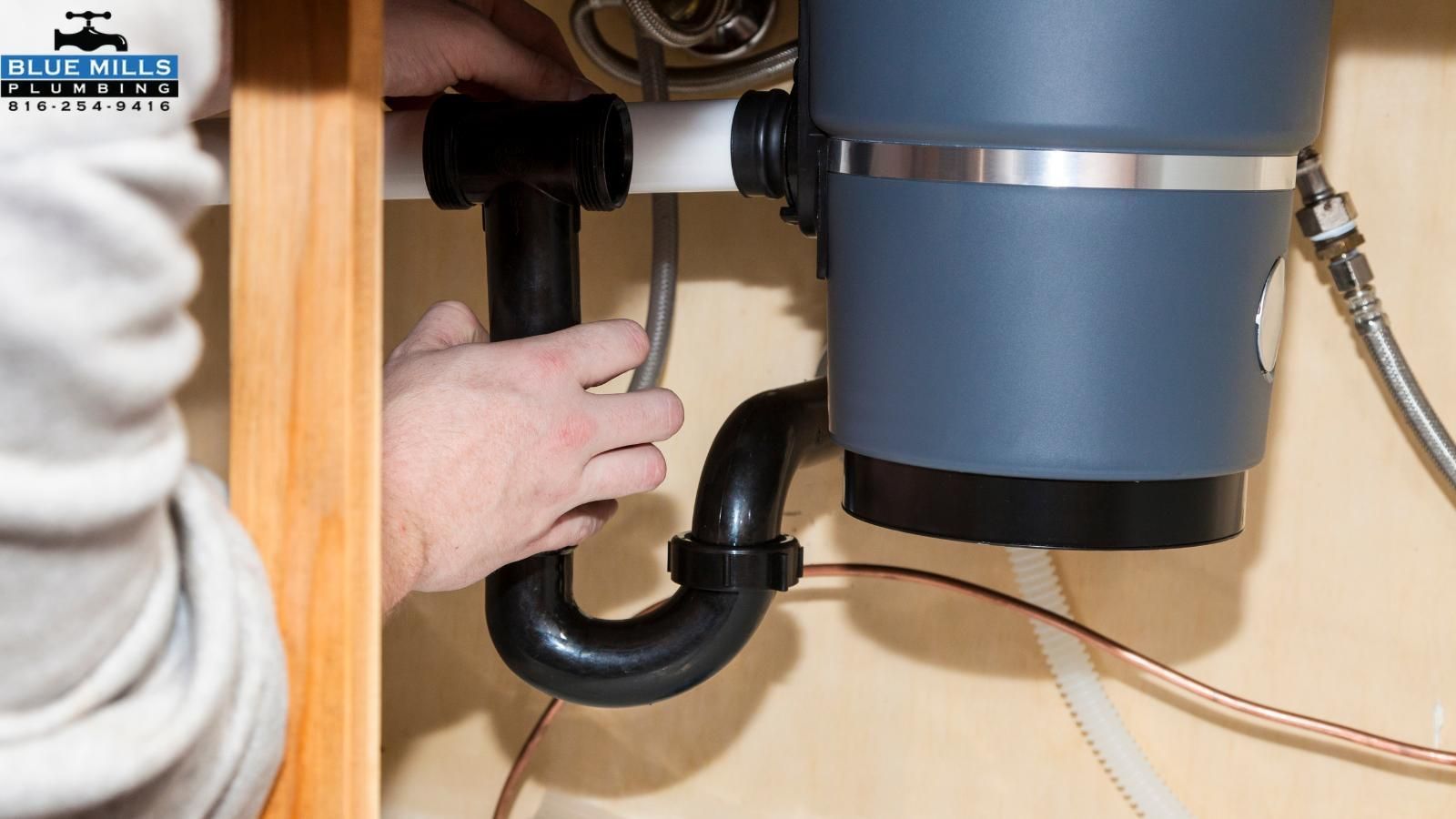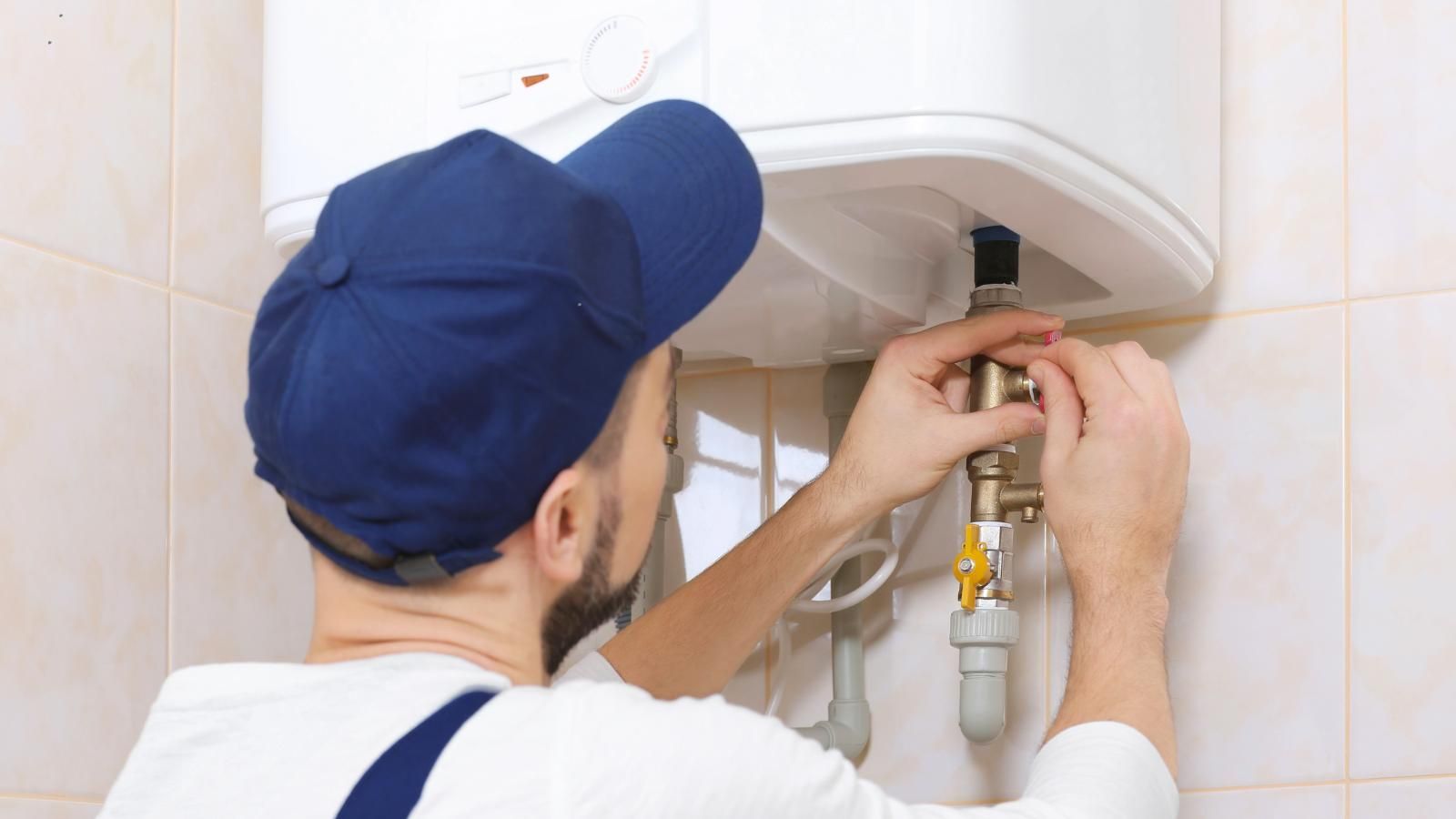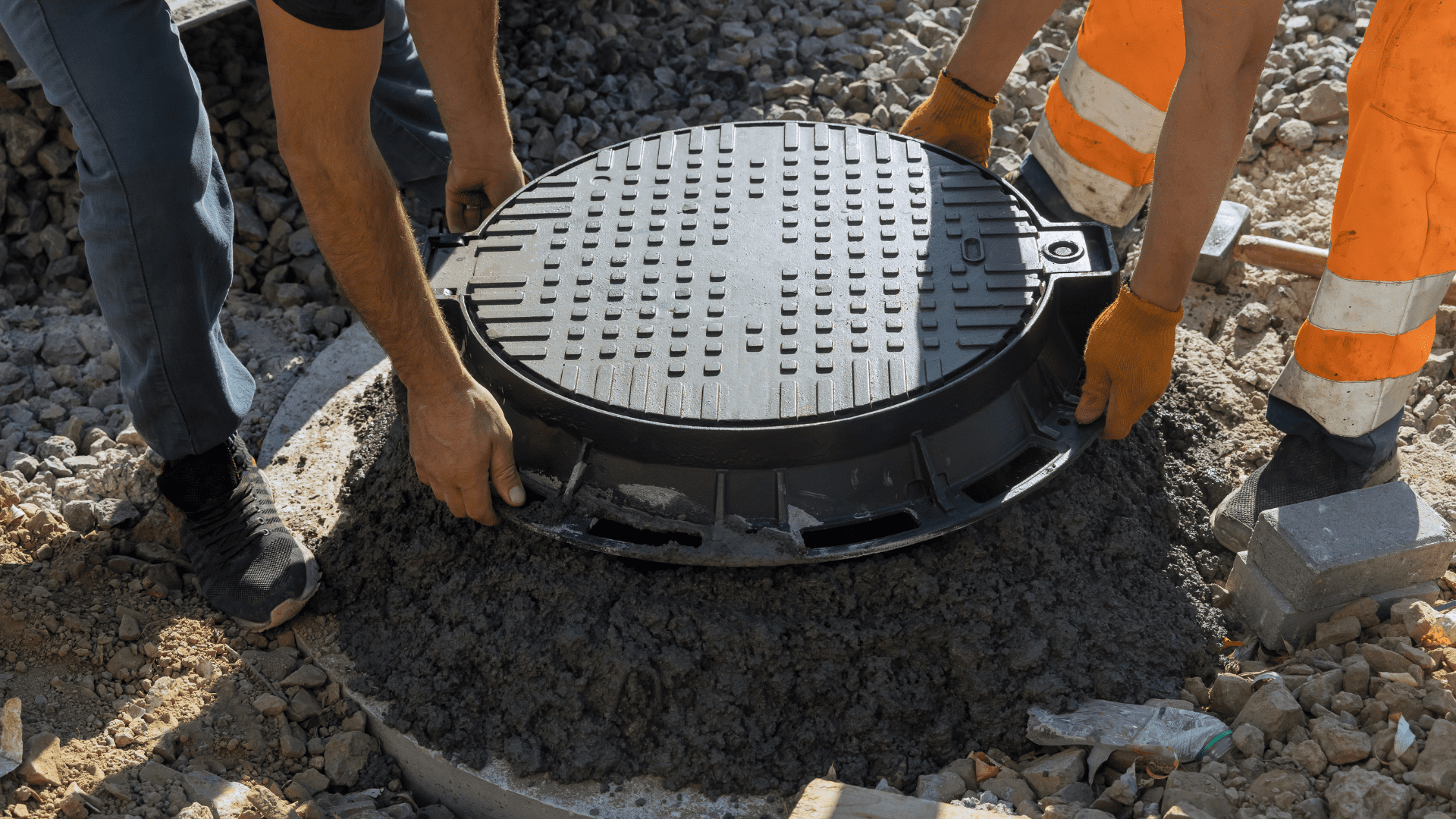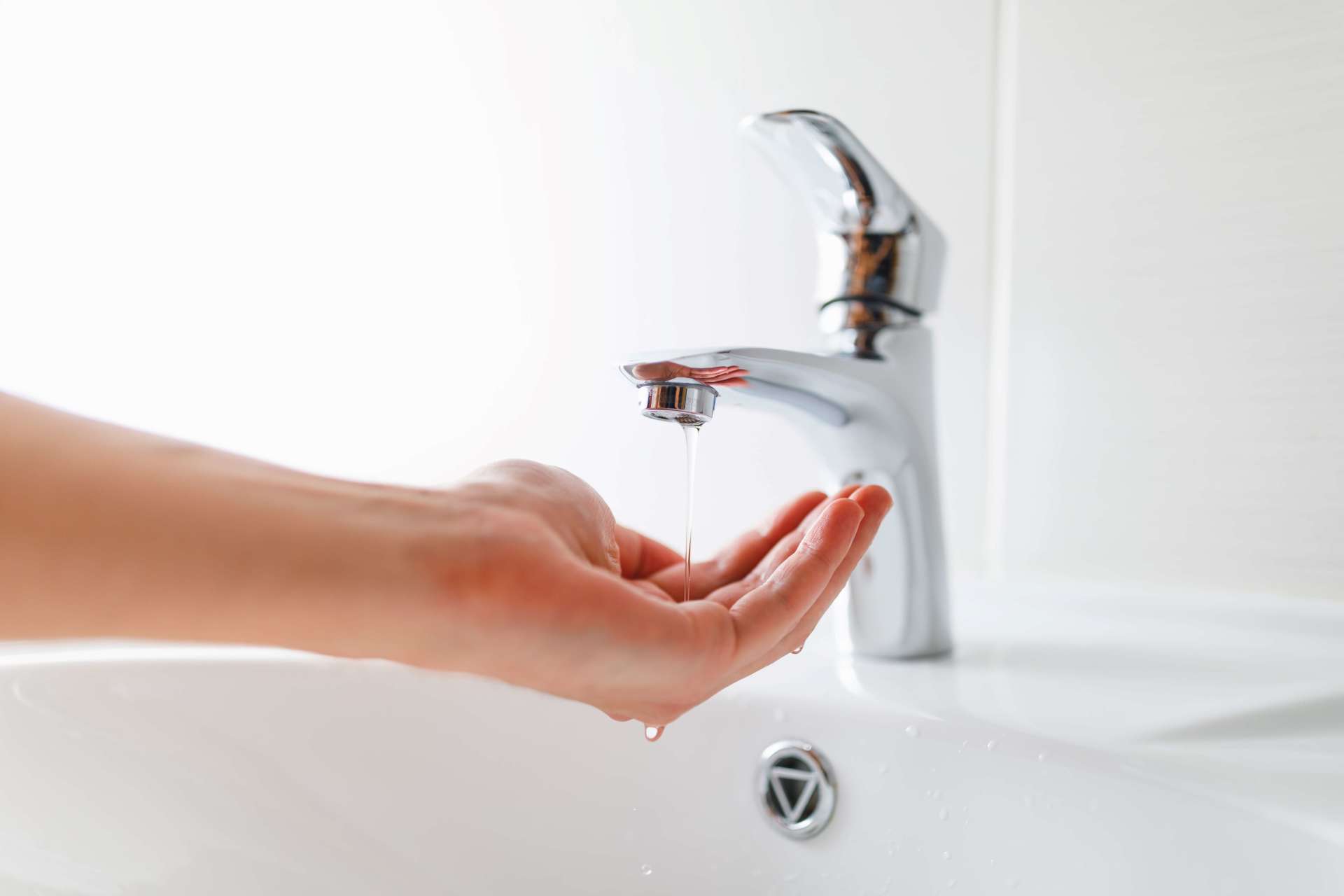Spring 2019 Guide to Buying a Hot Water Heater
Hot water heaters are an essential part to living comfortably in your home. Without a functional hot water heater, you would be doomed to cold showers, baths and would be without hot water for cooking or cleaning. In this guide, we breakdown everything you need to know about buying a hot water heater in spring 2019.
Hybrid, Tank, or Tankless Water Heater
There are 3 types of water heaters that you can choose from: hybrid, tank, or tankless. There are a few different factors that will determine which water heater is the best fit for your household. Tank type, household size, fuel source, and physical size of the hot water heater all factor into the buying process.
Conventional Tank Water Heater
Conventional or storage tank water heaters have an insulated tank that stores hot water until it is ready to be used. These are the most common types of hot water heaters because of their history and benefits accommodating larger households. If you are looking for lower upfront costs, a conventional tank water heater might be the best buy for your family.
Tankless Water Heater
Tankless water heaters are usually more expensive up front, but one huge benefit since they have no tank, is that you will have an on demand water heater. They are much more energy efficient which is so important in the world we live in. Tankless water heaters are not typically recommended for large families because they have a limited amount of hot water per minute.
Hybrid Water Heater
Hybrid water heaters mesh components from water tank and tankless water heaters together. They use a traditional storage tank, but instead of using gas for fuel, they use a heat pump powered by electricity. This is all dependent upon region, but hybrid water heaters are often times much more efficient but more expensive because gas is generally a cheaper power source as opposed to electricity.
Which Water Heater is Right for You?
As previously detailed, there are a few key factors that go into buying the perfect hot water heater for your home. By categorizing your household into these next points, it will help you dial into which hot water heater is going to be the absolute right choice.
Electric, Natural Gas, or Propane Water Heater Fuel
Efficiency is going to play a huge role in what fuel source you choose for your hot water heater.
- Electric-powered hot water heaters use large coils that hang down into the tank to heat the water. They are less efficient because electricity is more expensive than natural gas or propane. However, fuel source correlates directly with household size. If you have a smaller home or less people in the home, an electric-fueled hot water heater might be the best option for you.
- Natural gas powered water heaters use a gas burner at the bottom or base of the tank, with a chimney that’s vented. The carbon dioxide and other byproducts are vented through and then exited out of a vent in your house. Opposite to electric-powered water heaters, natural gas water heaters are more expensive initially but much more energy efficient over time.
- Propane-powered water heaters are very similar to natural gas in the fact that they heat the water up with a burner on the bottom, and then filter gases out using a ventilation system. Propane-fueled water heaters pertain to region as well. If your home doesn’t have access to a natural gas line, then a propane tank is placed on the property to generate fuel. Again this is much more energy efficient than electricity-powered hot water heaters.
How Many People Will Be Using Your Hot Water Heater?
As you can imagine, household size could possibly be the largest factor in which type of water heater you should buy. If you are going the hybrid or conventional tank water heater route, then the ratio is congruent with the size of the tank. If you are going the tankless water heater route, paying attention to flow rate and temperature rise would be beneficial. The fuel source will also play a factor as well.
Hybrid or traditional tank water heaters:
- Household size between 1-2, we recommend a 30-gallon tank
- Household size between 2 and 3, we recommend a 40-gallon tank
- Household size between 3 and 4, we recommend a 50-gallon tank (powered by electric) or a 40-gallon tank (powered by natural gas or propane)
- Household size 5+ members, we strongly recommend an 80-gallon tank (powered by electric) or a 50-gallon tank (powered by natural gas or propane)
Tankless water heaters:
Since tankless water heaters do not store water to be heated, household size isn’t much of a determining factor. Flow rate is more important which can be found by adding the flow rate of all the appliances you plan to use simultaneously. That would include showers, washing machines, dishwashers, etc. You would then determine the temperature rise by subtracting the incoming temperature from the desired outgoing water temperature. The region your home is in, is a large influencing factor in this decision.
Where You Live Might Affect Your Hot Water Heater Decision
Region plays a large role in what hot water heater you might want to purchase. If you live in the inner city, your home’s basement might be smaller and a tankless water heater, which is a much more space-saving option, might be the best bet for you. Consequently, if you have the space yet you live in a more rural area, a traditional tank water heater powered by propane might be your only option other than the less-energy efficient electric water heaters. To go even a step further, researching your region’s required temperature rise based on average ground water temperature in the U.S. will help you decide which hot water heater your home will need. Please check out this link to determine your region’s ground water temperature.
https://www.hotspotenergy.com/heat-recovery-performance/groundwater-temperature-map.php
Energy Efficient Hot Water Heaters
Generally speaking energy efficient hot water heaters are more expensive upfront, but will definitely pay back over time. A quick way to easily tell how efficient a water heater may be is by looking at the Energy Factor (EF) rating. The higher the EF rating is, the more efficient the water heater is. We strongly recommend considering replacing your current hot water heater with a more energy efficient one, because replacing your water heater after it has failed is too late. As previously mentioned, electric water heaters are more expensive to operate, so if natural gas is available in your area the switch might be an intelligent decision. If you are in a rural area, switching to a propane-powered water tank will still be a more energy efficient option. Balancing energy efficiency and taking your household size and needs into consideration are what you need to do before buying a new hot water heater in 2019.
Tank or Tankless Water Heater Installation Tips
Replacing and installing your tank or tankless water heater is possible to do yourself. Ensuring the fuel source and water has been shut off is extremely important, as this can impose danger when replacing your water heater. We strongly recommend hiring a professional to ensure the safest possible installation has been completed for your family’s water heater.

